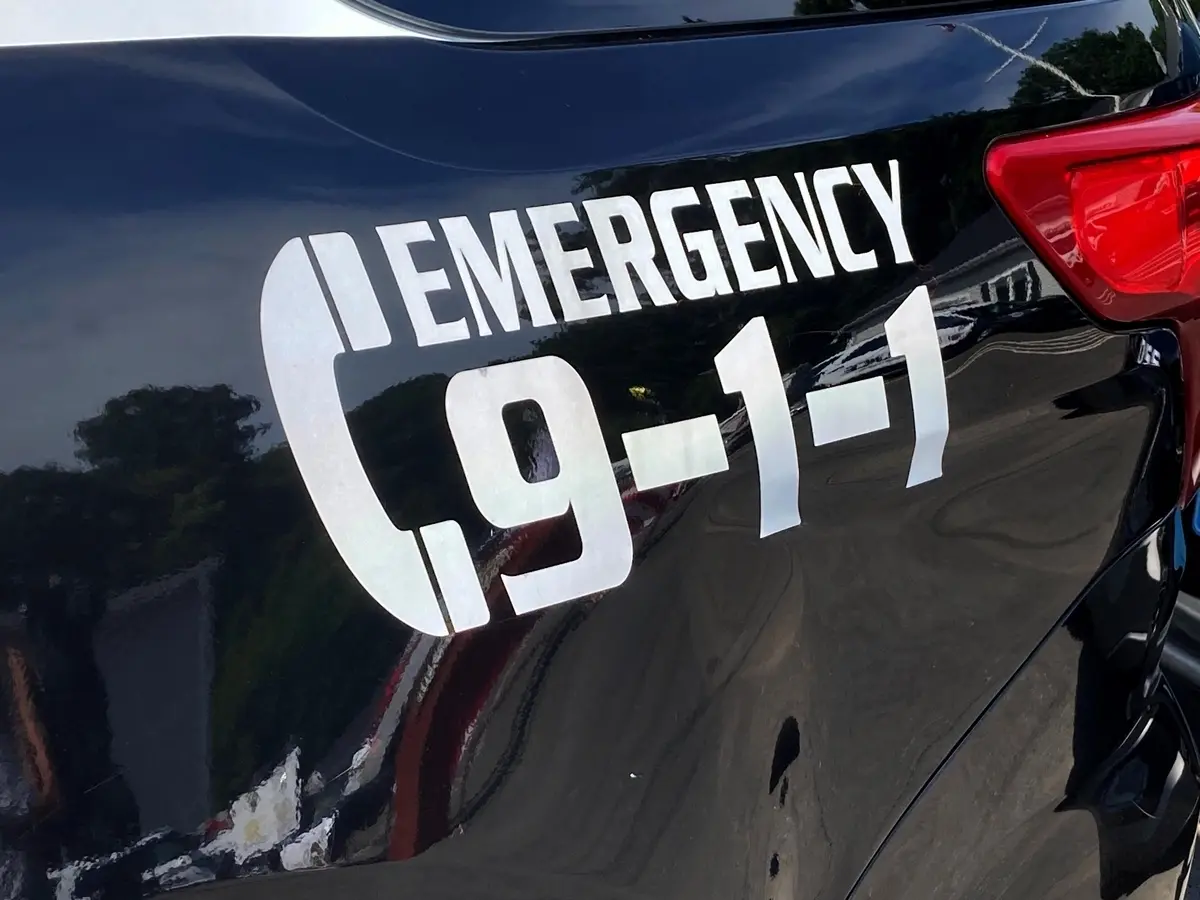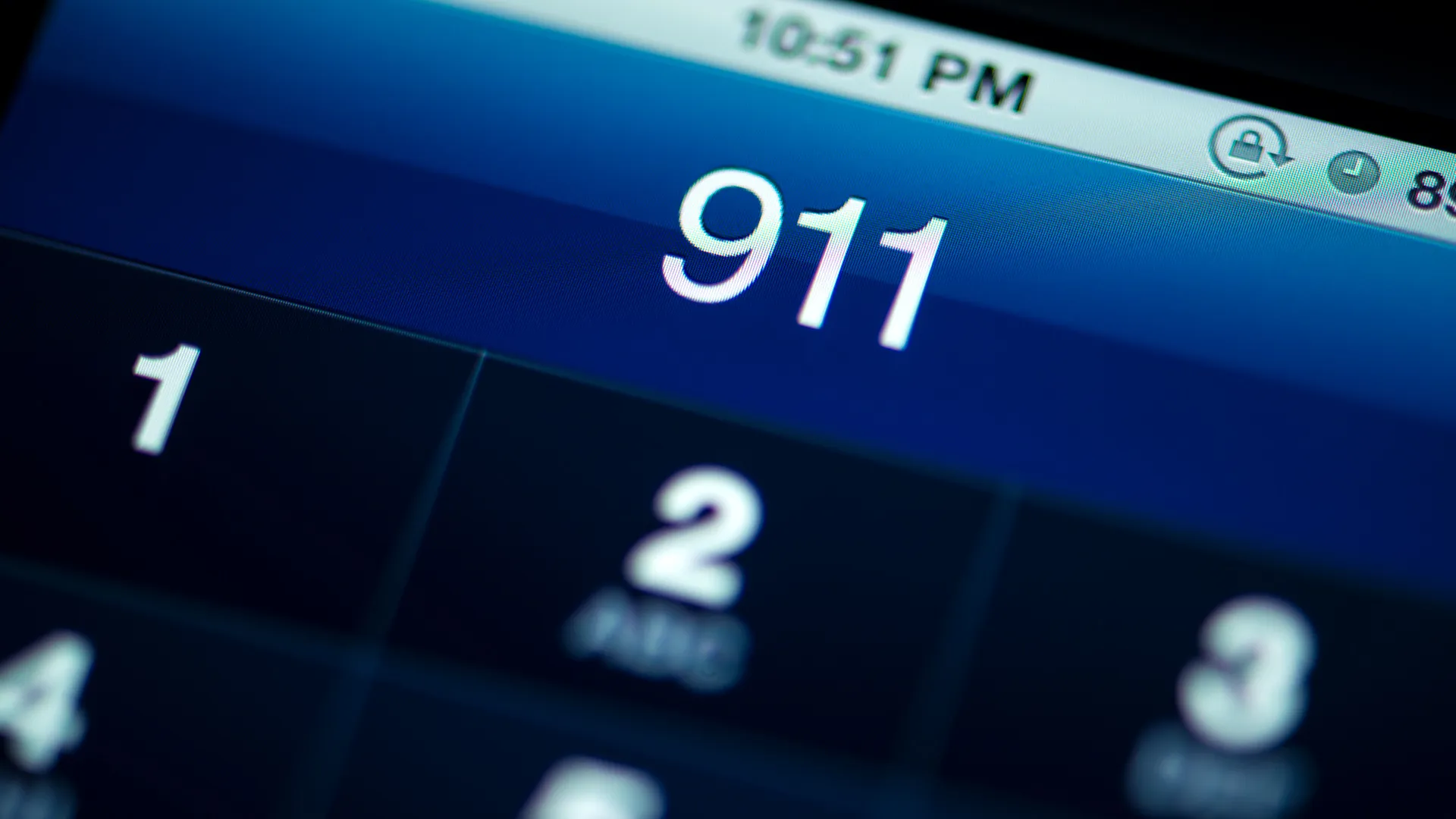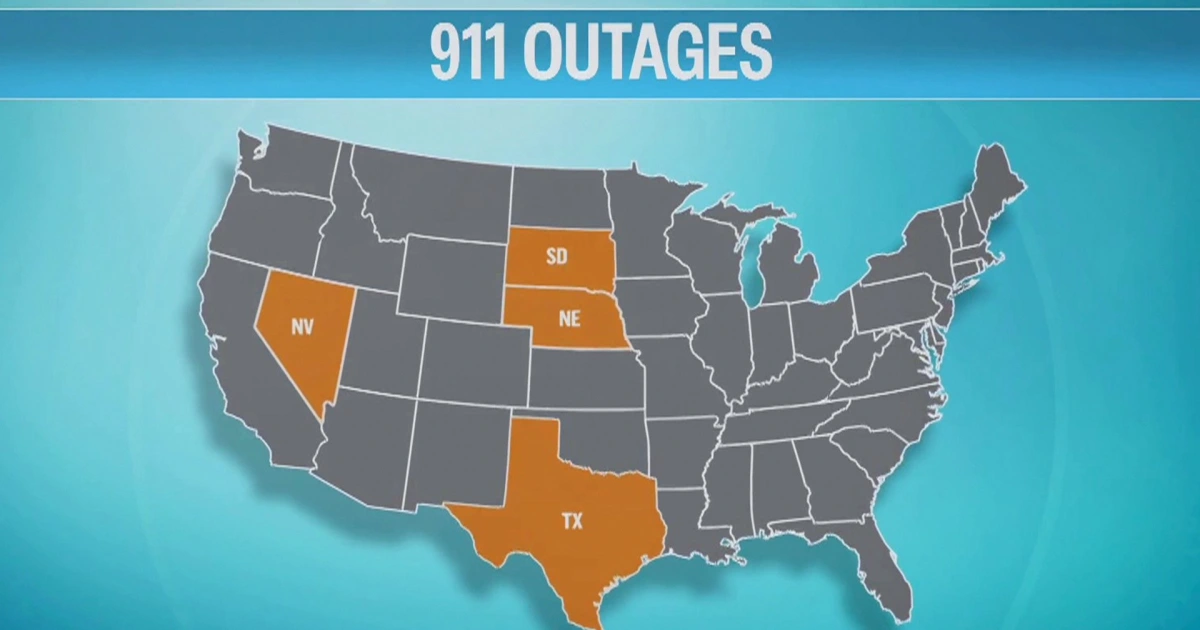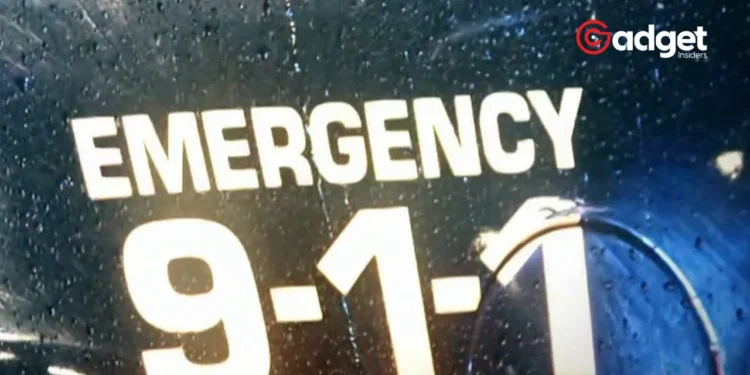In an unsettling turn of events, millions of Americans across four states found themselves cut off from the most critical of services — the ability to reach 911. On a seemingly ordinary Wednesday night, residents of Nebraska, Texas, Nevada, and South Dakota experienced a major service disruption that lasted approximately two hours, rendering emergency lines completely unreachable.

Statewide Concerns and Swift Actions
The impact of the outage varied by location but was profoundly felt in South Dakota, where authorities, realizing the gravity of the situation, took to social media to inform the public. The South Dakota Highway Patrol assured residents at 11 pm, stating, “Our emergency system is fully operational and ready to respond promptly to any situation. Your safety is our top priority.” This rapid restoration was crucial in maintaining public safety and trust during the interim of uncertainty.
Las Vegas faced similar challenges, with disrupted communications briefly hindering the city’s robust emergency response system. Despite the technical setbacks, diligent dispatchers managed to manually return every missed call, ensuring that no plea for help went unanswered.
A mistake during the installation of a light pole led to Wednesday's outage of 911 systems across multiple states, according to a service provider https://t.co/EMQivmrQje
— CNN Breaking News (@cnnbrk) April 18, 2024
911 Outage: Diverse Causes, Varied Responses
The source of the blackout was as varied as the impacted regions themselves. In Texas, the Del Rio Police Department pointed fingers at a “major cellular carrier outage,” specifically implicating T-Mobile for the disruption. Their immediate advice was practical: “If you cannot reach 911 via your mobile, please use a landline or another carrier,” showcasing a proactive approach in managing the crisis.
Meanwhile, Nebraska’s Chase County Sheriff’s Office noted that while T-Mobile users experienced interruptions, landlines remained functional, a silver lining for those affected. The outage in Douglas County was attributed to a fiber cut, complicating the situation further.

Nationwide Implications and Future Safeguards
This incident not only underscores the fragility of our most relied-upon communication systems but also acts as a catalyst for re-evaluating and reinforcing the resilience of national emergency response capabilities. With previous occurrences, such as the notable AT&T outage less than two months prior, it is clear that consistent vigilance and enhancement of these systems are crucial.
Authorities are currently conducting thorough investigations to determine the precise cause and to implement measures that will prevent future occurrences. Meanwhile, the general populace is encouraged to stay informed of alternative emergency contact methods, ensuring preparedness in the face of unexpected disruptions.

Conclusion: A Call for Enhanced Reliability
As we navigate the complexities of modern communication technologies, the recent 911 outage serves as a stark reminder of the need for robust, fail-safe systems in critical service areas. It’s imperative that service providers and emergency management teams collaborate closely to enhance infrastructure and response strategies, ensuring that when a crisis strikes, the lifeline of 911 remains unbroken.










